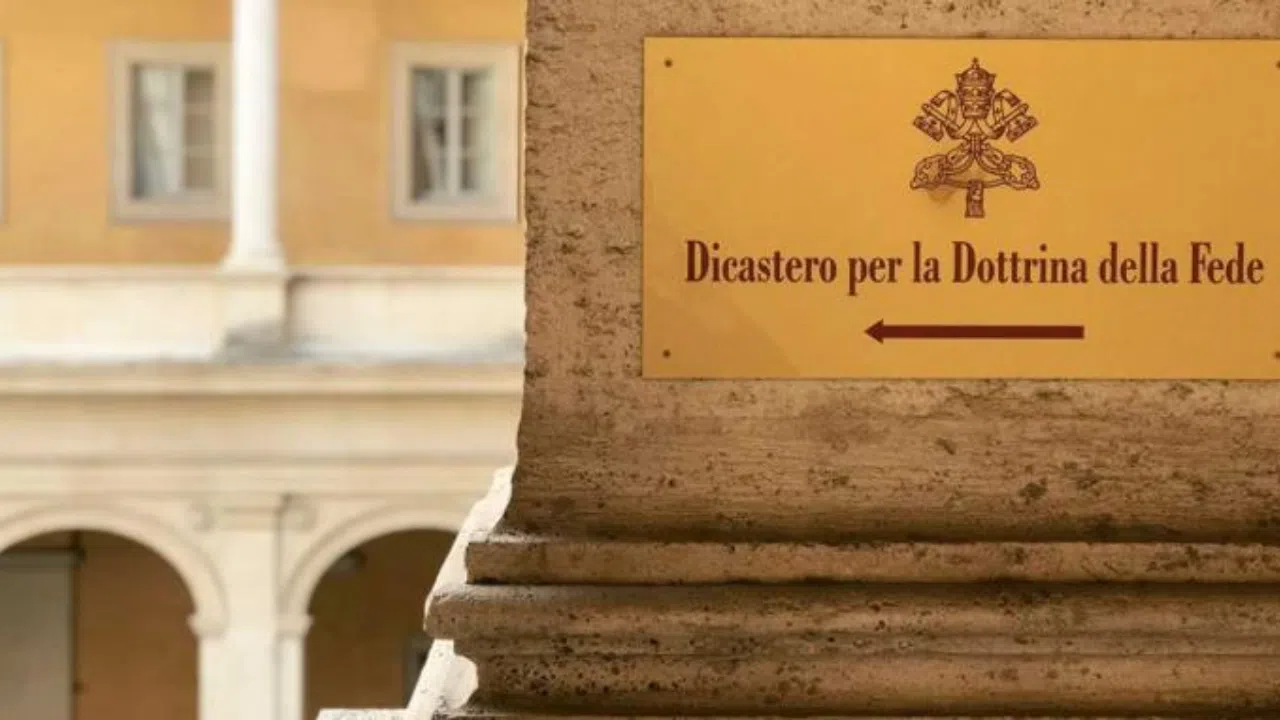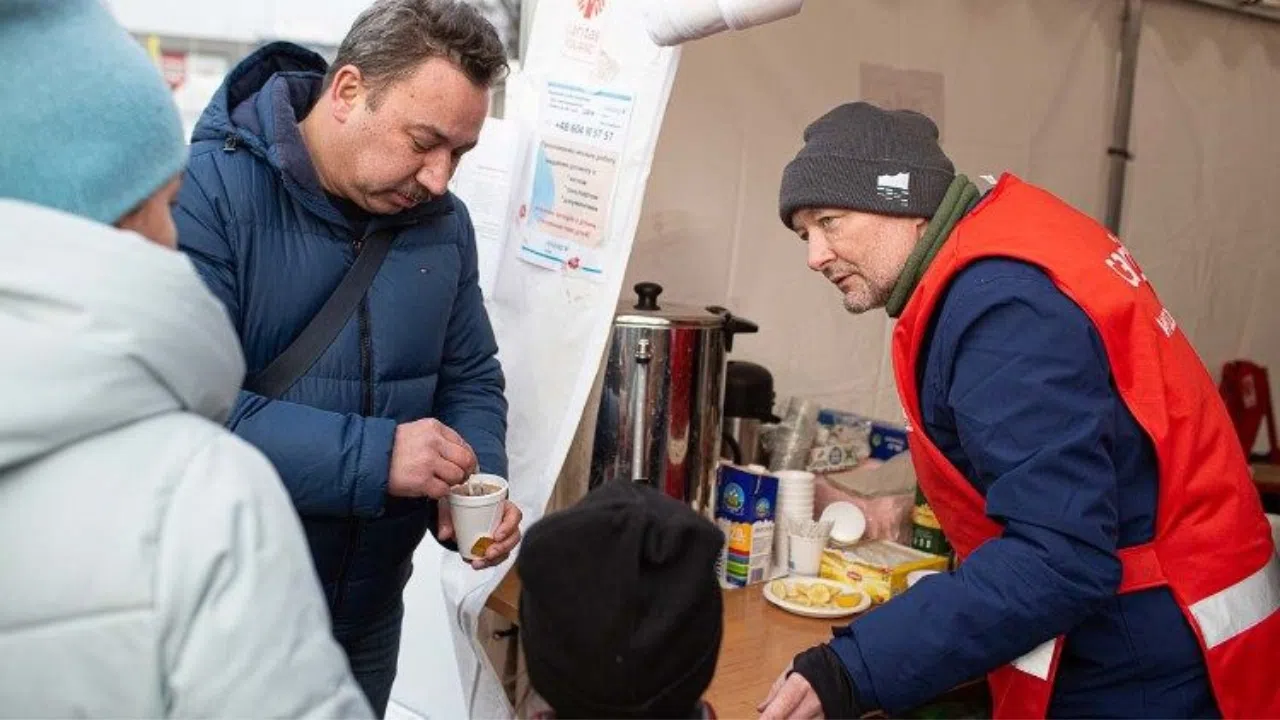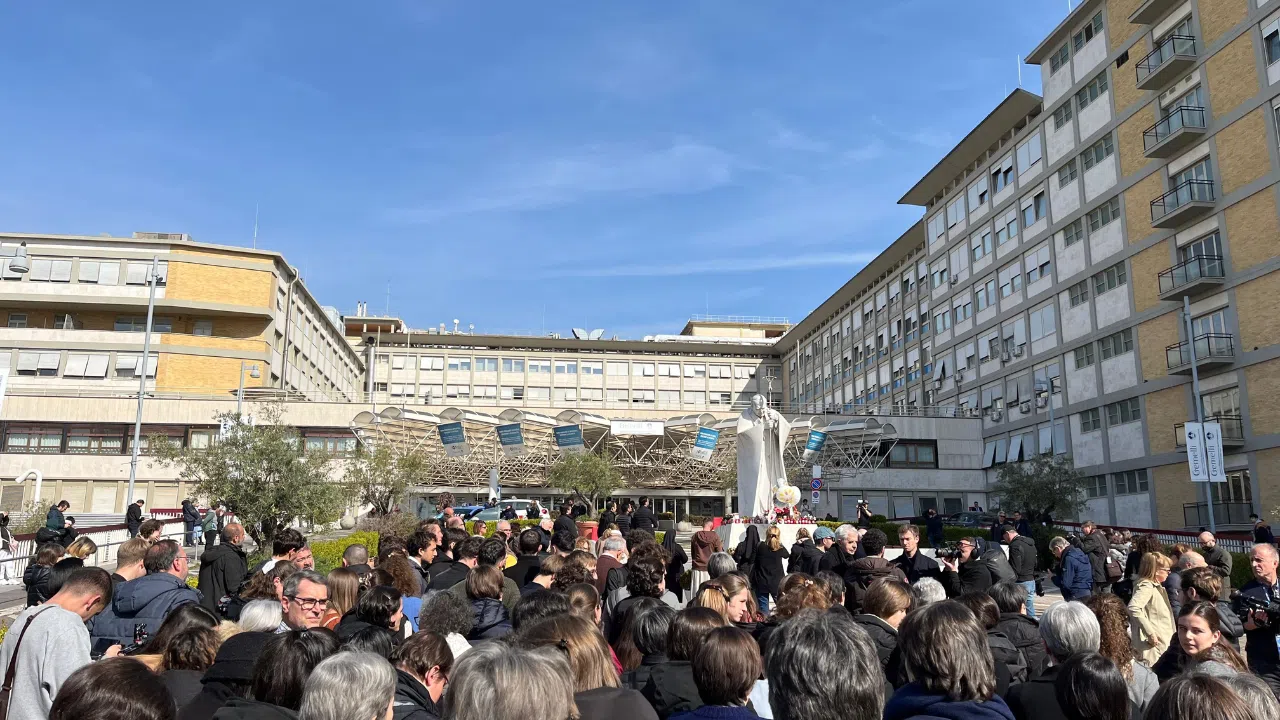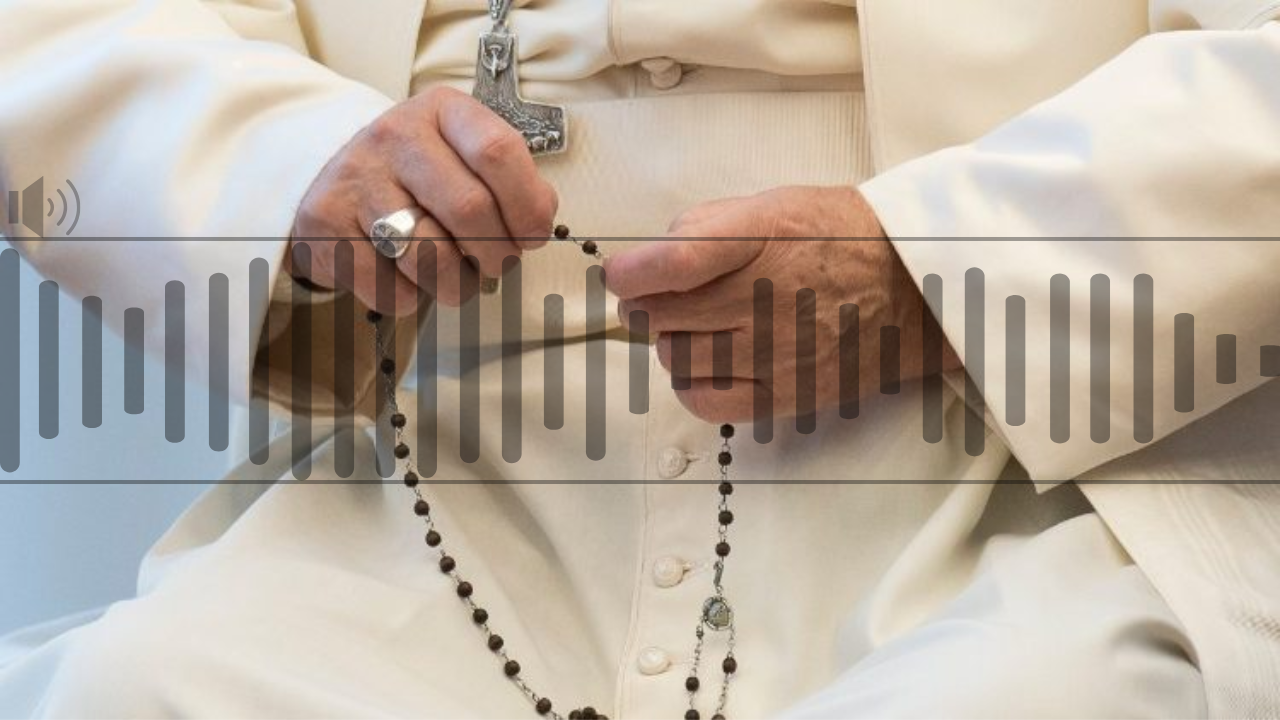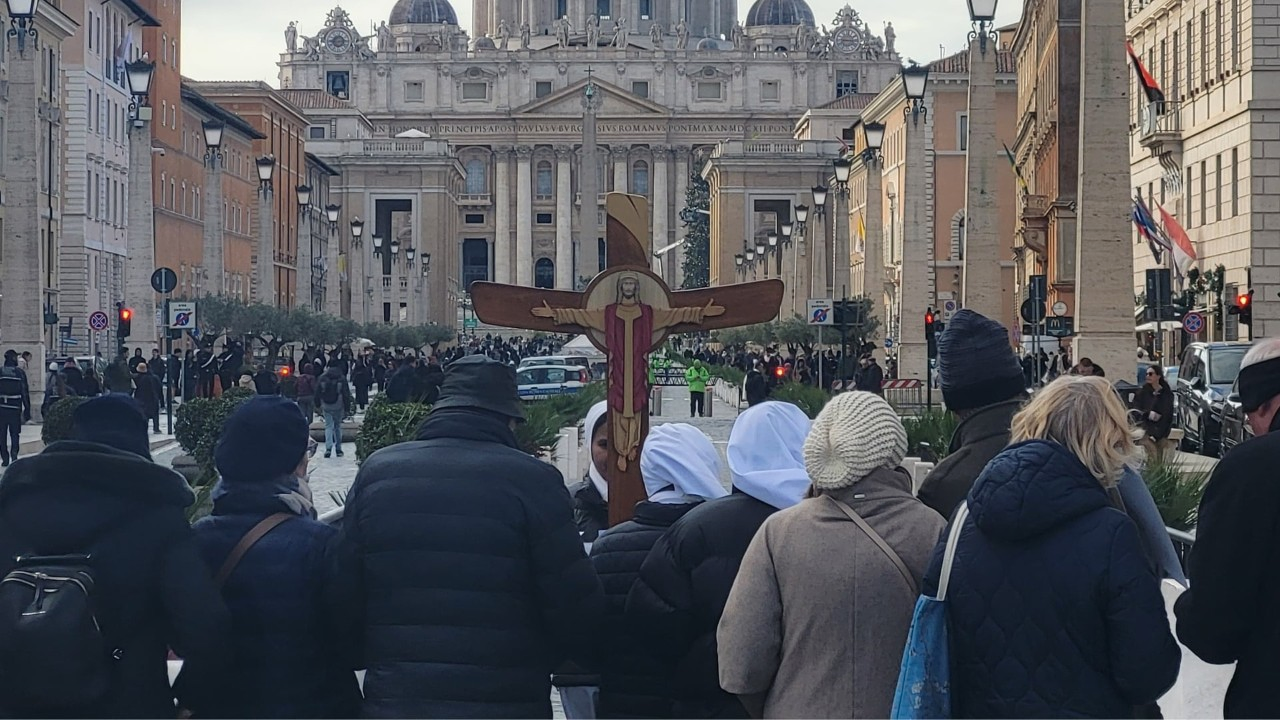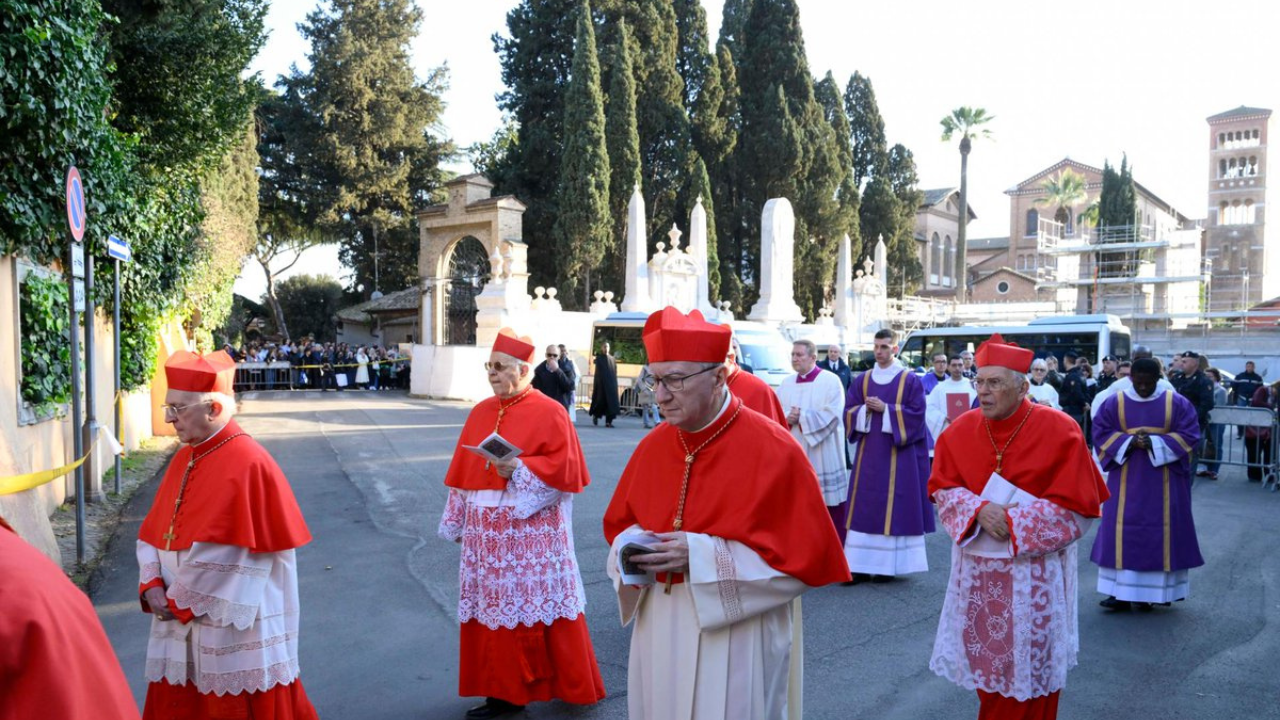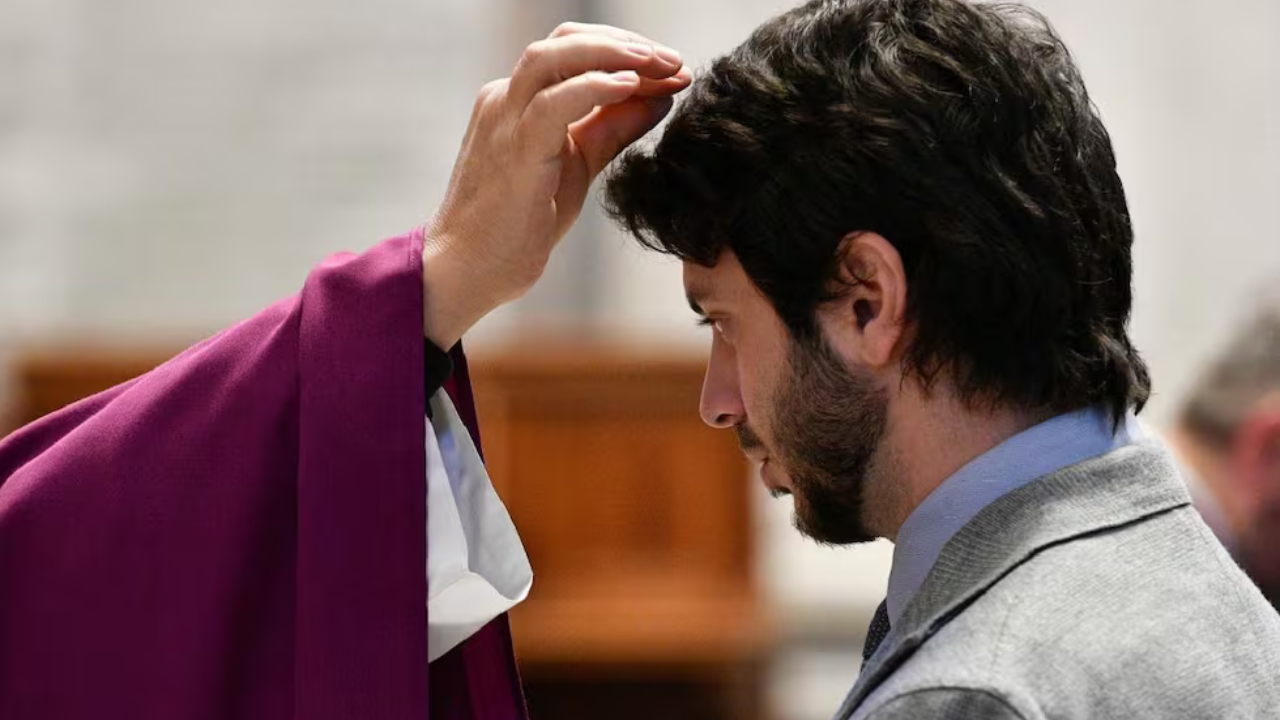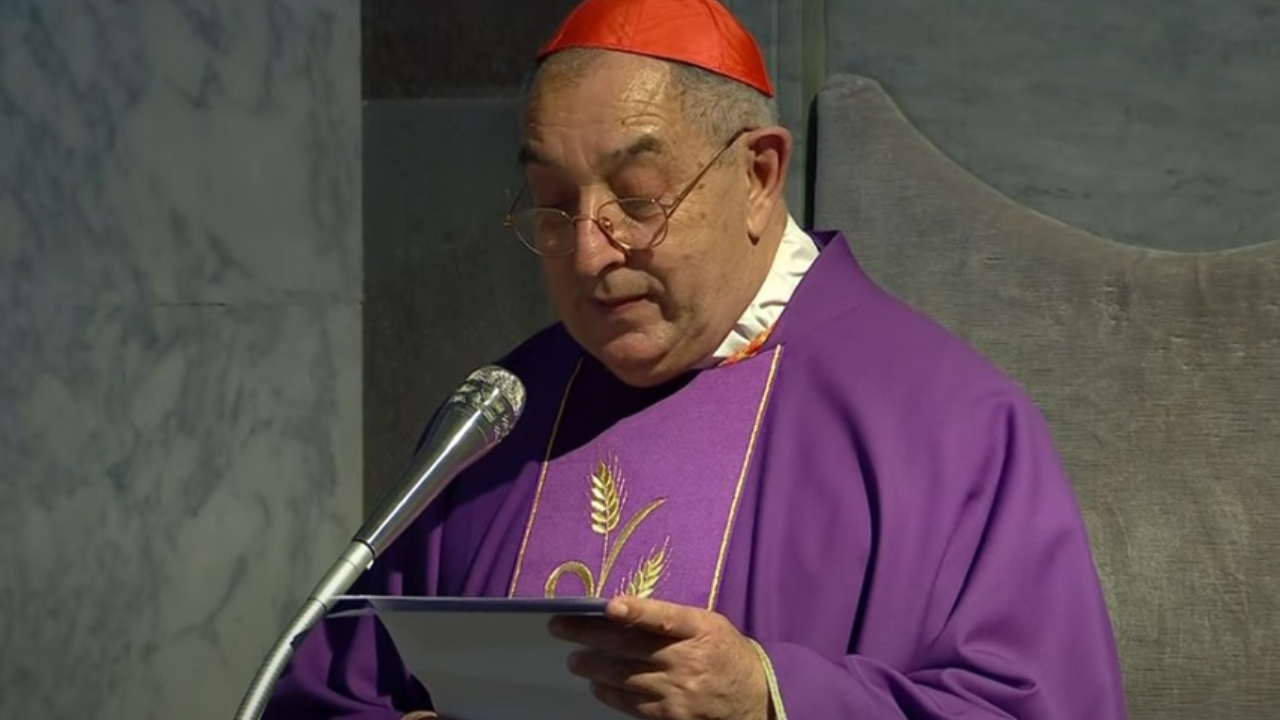In 2019, the number of forcefully displaced persons increased by 13 percent. One in 97 people worldwide have been forced to leave their homes.
Through the Jesuit Refugee Service, the Society of Jesus has been addressing this issue since 1980. They are currently present in 56 countries.
Iñigo Alcaraz is one of the young Jesuits collaborating on this project. He was in the Doro Camp, where about 60 thousand Sudanese refugees live in South Sudan.
He recounts how befriending a refugee and father of a family changed his life.
ÍÑIGO ALCARAZ, SJ
Jesuit Refugee Service
“I dared to ask him why he was missing an arm, and he told me that while crossing a river, a crocodile had bitten his arm off. There you had a man who was introducing me to that world, with that baggage behind him and yet able to look forward in life. I used to say that one could not go forward like this, but there he was, pulling his family together and improving the lives of his fellow citizens.”
Iñigo also talks about the tense moments and lack of security in the area. On one occasion, he experienced first hand an attack on the organizations that work directly with the refugees.
ÍÑIGO ALCARAZ, SJ
Jesuit Refugee Service
“It was very nice to see how JRS work is valued. I think it is their added value: We do not give services, we accompany and live together with the refugees. We listen to them and address their needs. It was impressive to see how the refugees themselves defended us. It was nice to see how, for them, we are not just another company or organization. For them, we are brothers.”
In South Sudan, JRS has three major projects. An educational program, supporting schools in the refugee camps and those of the local population; a pastoral program, helping pastors and catechists; and a psychosocial program.
ÍÑIGO ALCARAZ, SJ
Jesuit Refugee Service
'We address refugees' problems, which they themselves demand. Among them, we help young people who suffer from alcoholism, drugs, and sexual abuse in refugee camps. We also help them with the various challenges they have. We address their traumas often caused by the violence they have witnessed, and the suffering that was inflicted while fleeing.”
He says the pandemic has presented new challenges in addressing this issue. At the same time, however, he highlights the growth in the management of local teams, giving international teams new challenges.
This young Jesuit says the goal of the Jesuit Refugee Service is one: to make refugee camps a thing of the past. This means a world without refugees and displaced people, a world full of social justice.
Daniel Díaz Vizzi
Translation: Christian Campos
